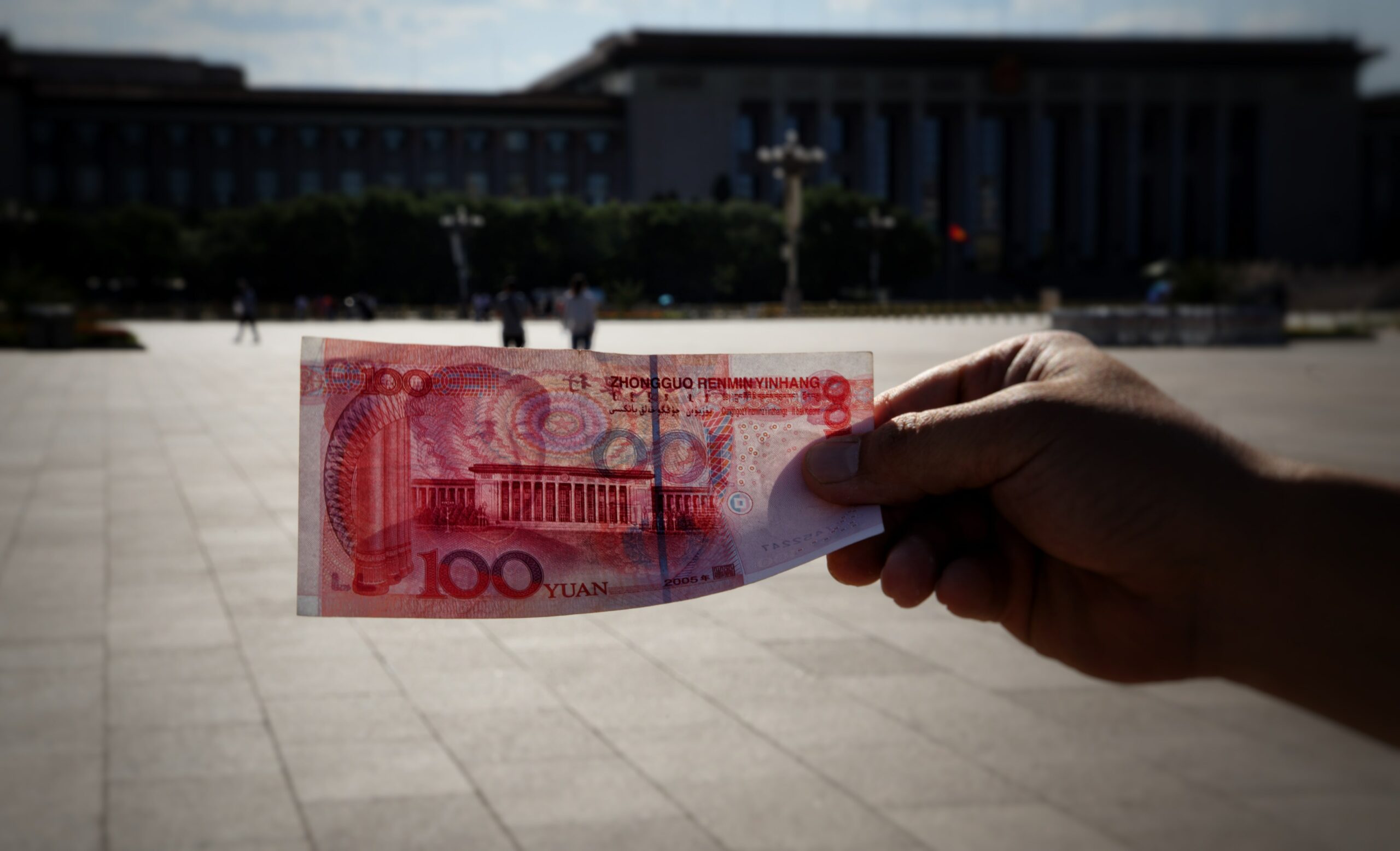Beijing shift
After a period of confusion and reshuffling among China’s leadership, Beijing has turned its attention to its relations with its friends, and more importantly its enemies.
President Xi Jinping plans to reset China’s economy and win back friends, despite being amid a chaotic return to Covid lockdowns recently, which could affect his grand plans. The chief change seems to be that China is looking to reduce its international isolation and boost its growth rate.
According to Chinese officials and government advisers cited in various press reports, Beijing is putting together policies aimed at improving diplomatic ties that have soured badly and boosting a deeply strained economy.
Disrupters in the party
After a period of internal wrangling, Xi secured an unprecedented third term as leader of the CCP and was able to pick a ruling politburo composed primarily of loyalists. With the machine of state behind him, Xi is now navigating fresh waters.
From an economic standpoint, the main goals are to restore robust growth to China’s slowing economy, improve the lot of hundreds of millions of Chinese rural workers, stabilise the ailing property market and shore up a crisis afflicting the finances of scores of local governments, the officials and government advisers say.
The prospect of decoupling between China and the west was one of the grand themes at the Shanghai Cooperation Organization summit late last year, and since then it seems Beijing has been hard at work on deciding its position.
Russian dressing down
The other big development is that Russia has its own problems – as its two biggest, if not allies, but abstainers, seem to have performed a volte-face on their position on the Ukraine war. China and India have both made public utterances recently about their unhappiness at the current situation.
And while Xi and Putin pledged to deepen bilateral ties, the Financial Times recently reported that Chinese officials endeavoured to put space between Beijing and Moscow on the issue of Ukraine — a message that has been repeated to European and US diplomats.
Putin’s war hasn’t just affected Eastern Europe, but from the Middle East to Central Asia, governments face discontent as supply shocks raise food and energy prices. From Ankara to Almaty, nations and their people face western sanctions. The soaring dollar and global inflation make matters worse.
Home front
China’s re-evaluation of outward policies is undoubtedly a major upheaval, its aim to boost economic growth domestically is regarded as of greater importance in Beijing.
Han Wenxiu, a leading official in the influential Central Financial and Economic Affairs Commission, told the FT in December that the first quarter of next year was likely to suffer from significant disruptions but the second quarter was expected to see an economic improvement at an “accelerated pace”.
Our take
Despite the big talk, the pace of decoupling looks like it has slowed down. The Chinese leader is said to have personally given the go-ahead to provide the audit papers of several Chinese companies to the US Public Company Accounting Oversight Board, after the recent row over delisting them from the NY stock exchange over administrative anomalies.
This means that there is a lot to unpack, including what effects Xi’s behaviour will have on potential investments linked to China, Russia and India – or ones that might link all three.
Definitely diplomatic activity to watch and for investors to evaluate, because when China flexes, the world watches – and even Russia sometimes has to admire the showmanship.
